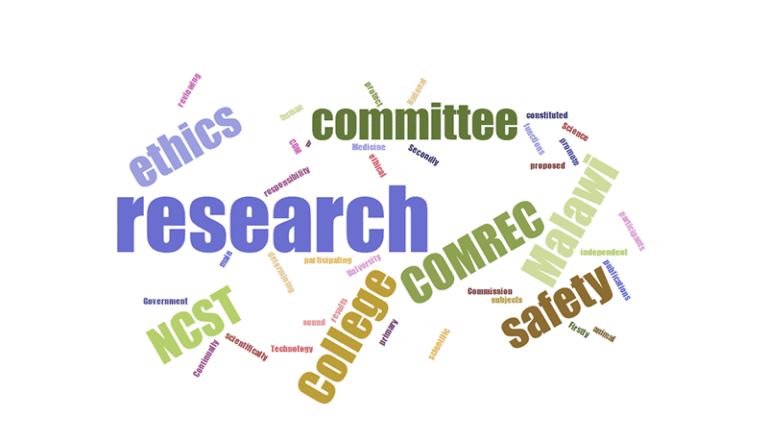When contemplating the creation of ethics, it’s akin to navigating a labyrinth of intertwined influences that shape our moral compass. From ancient civilizations to modern societies, the origins of ethical principles have been a subject of profound contemplation. Read Ethics Committee Registration India
As you ponder the question of who truly creates ethics, a journey through the historical foundations, religious doctrines, cultural norms, philosophical musings, and contemporary trends beckons for exploration. Each facet unveils a piece of the puzzle, shedding light on the intricate tapestry of ethical development. Read Ethics Committee Registration
But what if the answer lies beyond these conventional realms?
Historical Foundations of Ethical Principles
- The historical foundations of ethical principles can be traced back to ancient civilizations and philosophical traditions that have shaped our understanding of moral values and standards. Greek philosophers such as Socrates, Plato, and Aristotle played a crucial role in laying the groundwork for ethical thought. These thinkers pondered questions about virtue, justice, and the nature of the good life, providing a framework for ethical inquiry that continues to influence contemporary discourse.
- Moving forward in history, Enlightenment thinkers like Immanuel Kant and John Stuart Mill further developed ethical theories that emphasized reason, individual rights, and the pursuit of happiness. Kant’s deontological ethics focused on the inherent worth of moral principles, while Mill’s utilitarianism prioritized the greatest good for the greatest number. Their contributions expanded the ethical landscape, challenging traditional beliefs and offering new perspectives on morality.

Role of Religion in Ethical Development
- Examining the influence of religion on ethical development reveals intricate connections between belief systems and moral frameworks. Religious teachings play a significant role in shaping ethical growth by providing adherents with moral guidelines and principles to navigate complex ethical dilemmas. These teachings often stem from sacred texts, traditions, and doctrines that offer believers a framework for understanding right and wrong behavior.
- Religion can act as a moral compass, guiding individuals towards virtuous actions and ethical decision-making. Through the teachings of various religions, individuals are encouraged to cultivate virtues such as compassion, honesty, and integrity, which are essential for ethical development. Moreover, religious communities often provide a supportive environment where individuals can practice and reinforce these ethical principles through rituals, prayers, and acts of service.
Cultural Influences on Moral Values
- Cultural norms and societal values serve as additional layers shaping individuals’ moral compass beyond religious teachings. Societal norms, ingrained through customs, traditions, and the collective beliefs of a community, play a crucial role in influencing how individuals perceive ethical dilemmas and make moral decisions. These norms can vary significantly across different cultures, leading to diverse perspectives on what’s considered right or wrong in a particular society.
- In some cultures, societal norms may prioritize the well-being of the community over individual rights, while in others, individual autonomy and freedom may be highly valued. These contrasting values can impact how ethical dilemmas are approached and resolved within these cultural contexts. Moreover, cultural influences can also shape the perception of virtues such as honesty, integrity, and fairness, guiding individuals on how to navigate complex ethical situations.
- Understanding the cultural influences on moral values is essential for promoting cross-cultural dialogue and ethical reasoning. By recognizing the impact of societal norms on ethical decision-making, individuals can develop a more nuanced understanding of morality and cultivate a greater appreciation for the diversity of ethical perspectives worldwide.
Philosophical Perspectives on Ethics
- Considering the diverse array of moral philosophies that have shaped human thought throughout history, exploring philosophical perspectives on ethics reveals the intricate tapestry of ethical reasoning woven by scholars and thinkers.
- When delving into ethical theories, one encounters a landscape rich with varying viewpoints on how to navigate moral dilemmas. From the deontological principles of Immanuel Kant to the utilitarianism of John Stuart Mill, philosophers have offered frameworks through which to approach ethical decision-making. Kant’s emphasis on duty and universal moral laws contrasts with Mill’s focus on maximizing overall happiness, illustrating the spectrum of ethical considerations.
- Additionally, virtue ethics presented by Aristotle underscores the importance of developing moral character over adhering to strict rules. These philosophical perspectives not only contribute to the understanding of moral dilemmas but also serve as guides for individuals grappling with ethical decisions in their personal and professional lives.
Contemporary Factors Shaping Ethical Norms
- In the contemporary landscape of ethical discourse, various factors intricately interplay to shape and redefine societal norms. One of the most significant influences in this regard is the impact of technology. The rapid advancements in technology haven’t only transformed how we interact with the world but have also raised complex ethical dilemmas. The pervasiveness of technology in our daily lives has blurred the lines between what’s considered private and public, leading to discussions on data privacy, cybersecurity, and artificial intelligence ethics.
- Moreover, social media plays a crucial role in shaping ethical norms today. The instantaneous and widespread nature of social media platforms amplifies both positive and negative behaviors, creating a digital echo chamber that can reinforce certain ethical standards while challenging others. The influence of social media on public opinion and individual behaviors can’t be underestimated, making it a powerful force in contemporary ethical considerations. As we navigate this ever-evolving ethical landscape, it’s essential to critically assess the impact of technology and social media on the norms that govern our society.
Conclusion
In conclusion, ethics aren’t created by any one individual or group, but rather emerge from a complex interplay of historical, religious, cultural, philosophical, and contemporary factors. These diverse influences shape the moral values and principles that guide human behavior and decision-making. By understanding the multifaceted nature of ethics and the various sources from which they arise, we can better appreciate the complexity and importance of ethical norms in society.







Leave a Reply